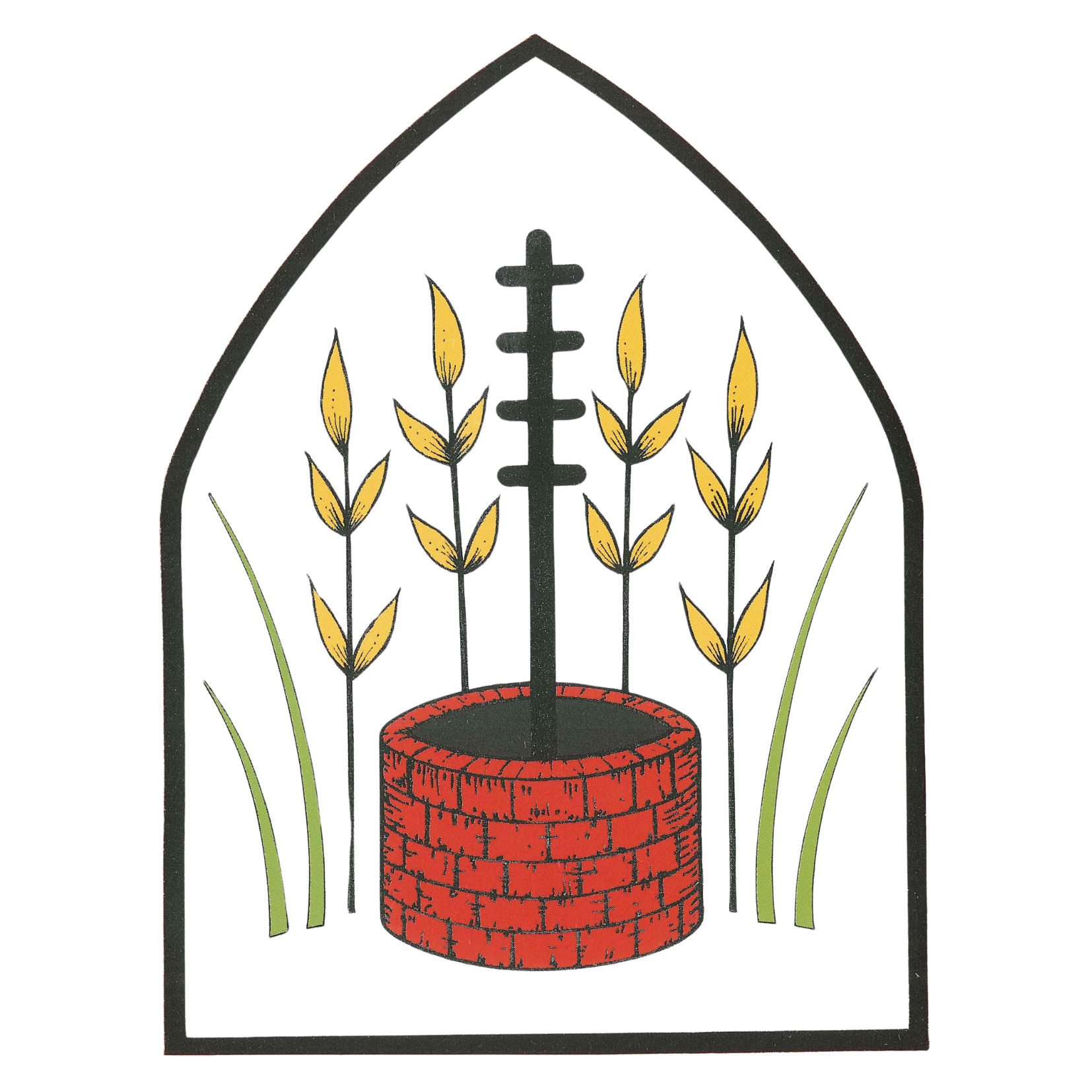A successful observation lesson
This is your chance to shine!
The observers will be looking at your subject knowledge, behaviour management, teacher skills, and your ability to form relationships from the off with the class – no mean feat! Observers won’t just be looking for the right candidate, but also someone who has real potential too, so don’t panic if it goes slightly wrong – you can address this in your interview.
Find out as much as you can about the class. What is the room set-up? Will you have a Teaching Assistant? What is the behaviour system in place? Any children that are worth knowing about? A really good candidate will find these things out, as it will support planning a much better lesson.
Focus on one lesson objective. Be really specific about this, and let every single task drive this objective forward. Rather than creating a shiny PowerPoint or hundreds of worksheets, teach to that objective as best you can – observers are looking for good teachers, not outstanding slides. Some of the best lessons only use one prop or book.
Print out your lesson plan and have a few copies available for the observers and Teaching Assistant. Have this typed up on one page, and aim for as few words as possible – again, observers want to see good teaching, not a five-page essay on teaching skills. The questions you have planned to ask are key.
Teach to the children, with a clear and shared focus on the objective. Don’t teach for the observers, but by all means add some narration if you feel this will help them. Stretch and challenge the children whenever possible, and avoid colloquialisms, such as ‘guys’, ‘kids’, ‘you lot’ (all of which have been used in observed lessons in the past).







